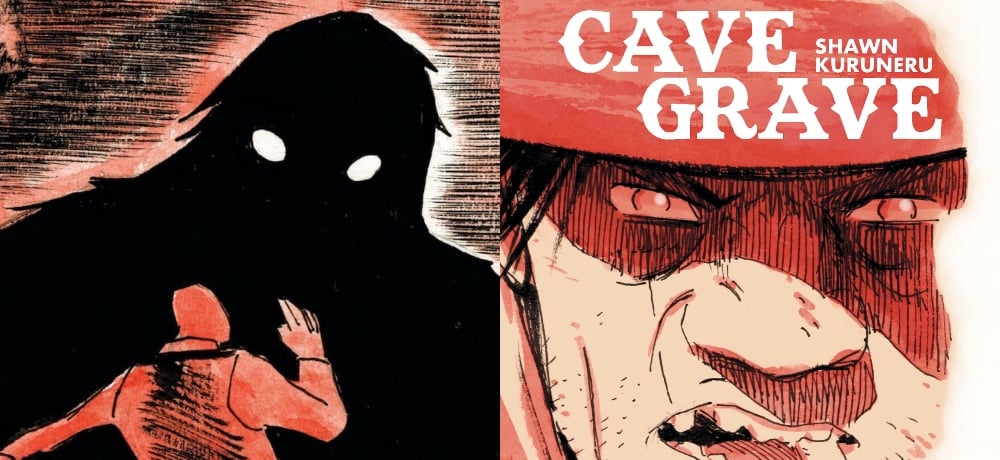





Sometimes it’s hard to put a fresh coat of paint on an old house. The colors can bleed through no matter how many new layers are added, giving the house a look of desperation from a block away. But sometimes the right paint is used, the restoration is done with love and affection, and the new owners actually care about their surroundings. Such is the case with The Night Stalker (1972), the ABC TV movie that took the vampire out of his crumbling castle and transported him to the seedier side of the modern day Las Vegas strip; and in doing so created one of the most endearingly reluctant monster hunters of all time, Carl Kolchak.
Originally airing as the ABC Movie of the Week on Tuesday, January 11th, 1972, The Night Stalker slayed the competition in the ratings, including CBS’s successful Hawaii Five-O/Cannon lineup. And I mean destroyed; the telefilm received a 33.2 rating and a 54 share – that means that over 50 percent of people who had their TVs on were tuned in to The Night Stalker. Those are astronomical numbers, making it the highest rated TV movie ever up to that point. So why exactly did it strike a chord (or a vein, in this case) with viewers? Well, let’s open up our trusty TV GUIDE and take a peek:
THE NIGHT STALKER (Tuesday, 8:30pm, ABC)
A disgruntled reporter in Las Vegas stumbles upon the supernatural when young women are found dead and drained of all their blood. Darren McGavin, Carol Lynley star.
Investigative Reporter Carl Kolchak (McGavin – A Christmas Story) sits in a dirty hotel room listening to his voice on a transcribed tape, where he recounts an interesting tale. Young women begin to disappear on the Las Vegas strip, lifeless and very low on iron. While the police try to keep the murders out of the press, Kolchak marches on, determined to find out the truth. Through intuition, know-how, and the occasional bribe, Kolchak finds his way towards senior citizen Janos Skorzeny (Barry Atwater – F.I.S.T.), a 70 year old Romanian who must hit the gym an awful lot to throw dozens of cops and hospital staff around in a fit of rage. An uncertain alliance with police leads Kolchak to confront Skorzeny at his home to prove once and for all that the Las Vegas killer is in fact, a vampire.
One paragraph is all that you get for this story; The Night Stalker relies very little on plot to further the tale, instead leaning heavily on an instantly indelible character, Carl Kolchak. The script by legendary writer Richard Matheson (The Twilight Zone, et al) was based on a novel manuscript entitled The Kolchak Papers by Jeffrey Grant Rice, which in turn was published as The Night Stalker following the massive success of the telefilm. Since there really isn’t much of a story, Matheson and Rice cannily craft a noir-ish tale; selling Kolchak as a modern day Sam Spade, with the role of reporter replacing that of a gumshoe, and blanketed in voiceover. It’s a neat mash up of genre that miraculously manages to blend together organically and not step on each others’ toes. The inquisitive nature of the reporter propels the narrative, while the voiceover distracts from the fact that there isn’t much narrative to propel - a simply brilliant conceit.
Director John Llewellyn Moxey (Horror Hotel) keeps the already brisk 74 minutes moving by with little chance to stop and question any discrepancies in logic or reason. Helping achieve this is producer Dan Curtis (Dark Shadows), bringing along his regular composer Bob Cobert (Burnt Offerings), who provides a swinging and at times sinister soundtrack to the nocturnal activities. I mean, you don’t want some square orchestral cats trashing your scene, dig? Curtis always had a keen eye for casting too; Larry Linville (M*A*S*H*), Simon Oakland (Bullitt), Claude Akins (Tentacles), and Ralph Meeker (Kiss Me Deadly), all bring great shading to thinly drawn characters.
But the main reason to watch The Night Stalker is Kolchak, played by the unforgettable Darren McGavin. In the novel, Kolchak is an overweight, humorless man. McGavin’s Kolchak is a fit, spry specimen; middle aged, yes, but he practically leaps when he walks and glides when he runs – a pocket of irrepressible energy tucked into a crumpled Seersucker suit and a porkpie hat. Kolchak is a seeker of truth, but not necessarily dignity; solving the murders is his way back up the journalistic ladder to a more respectable position after being bounced around from town to town. He’s not a bad guy, but his first instinct would be to help an innocent bystander if it meant a better byline. So while he’s an opportunist, McGavin plays him with such irascible charm that you can’t help but love him. He truly is the everyman as Hero; he’ll save your life, sure, but you best believe he has himself covered too. And this is what makes him so damn endearing – audiences are always looking for a protagonist they can relate to and want to follow, whether saving a dog or chasing the undead across the valley of sin. It’s about making an emotional investment in a character, and McGavin goes all in, with audiences reciprocating his openness and good humor in kind.
Naturally, ABC wanted a sequel, so the core team (minus Moxley) came back the following year for The Night Strangler, and the year after that gave us the one and done TV season of Kolchak: The Night Stalker, providing a Monster of the Week format that would have a great influence on the genre, especially Chris Carter, whose The X-Files (1993-2002, 2016) used the same template laid down by Matheson and Rice: modern day investigations into legends and beliefs, monsters and myths, some almost as old as time itself, told with a heady mix of horror and humor. And while The X-Files miraculously pulled off this elixir longer than it had any right to, it was missing one key ingredient – Carl Kolchak. The truth was out there for him too; it’s just nice to know that like you and me, he thought it was okay to want his name under the headline every once in awhile.
Next: It Came From The Tube: CAST A DEADLY SPELL (1991)